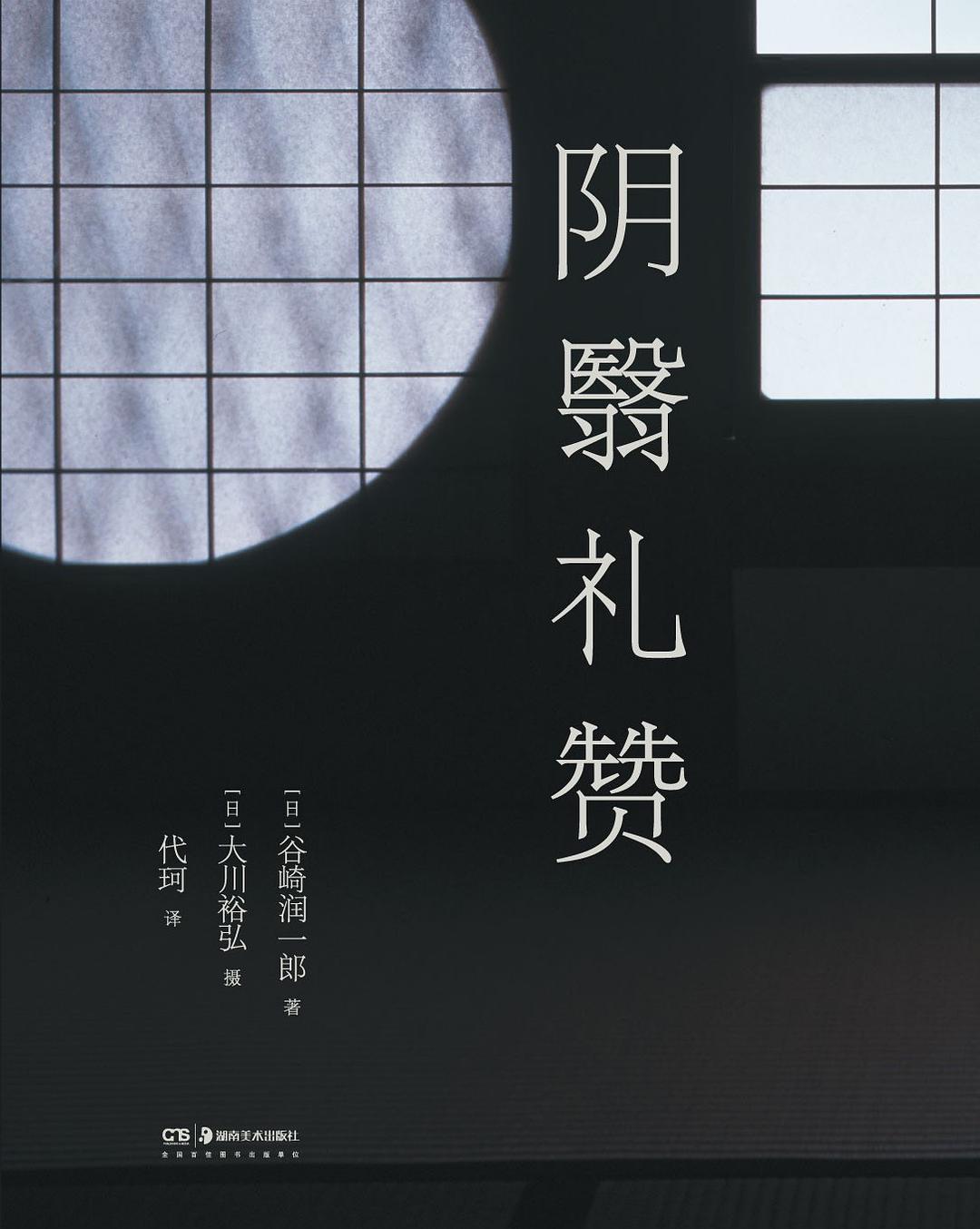WULOLIFE
《阴翳礼赞》(摄影图文版)作者: [日]谷崎润一郎 / [日]大川裕弘译者: 代珂出版社:浦睿文化 · 湖南美术出版社
《阴翳礼赞》(摄影图文版)作者: [日]谷崎润一郎 / [日]大川裕弘译者: 代珂出版社:浦睿文化 · 湖南美术出版社
Couldn't load pickup availability
Description
内容简介 · · · · · ·
想了解阴翳世界的美,不妨先尝试把灯关上.
日本摄影大师、“捕捉氛围的高手”大川裕弘版《阴翳礼赞》,以百余张展现日本完美再现《阴翳礼赞》的幽微世界。
《阴翳礼赞》是日本文学大师谷崎润一郎的名篇,围绕“日本人何以钟爱暗淡的光线”一题,探究了日本人的生活美学,幽默深刻、耐人寻味,出版以来深受全球读者欢迎,是每一个想要考究日本美学之人的“圣经”。
“本书即是调和了'谷崎文学'与'大川美学'。衷心希望您读完最后一行,观至最后一张,享受'谷崎+大川'的《阴翳礼赞》。”——谷村鲷梦(日本著名出版人、俳句作者)
********************编辑推荐********************
一、美若过了界,看上去就全是俗气
阴翳之美,是含而不露、敏感丰富、恰到好处的东方古典美,而《阴翳礼赞》写透了这种美。三岛由纪夫、永井荷风、是枝裕和、隈研吾至爱的“日本美学圣经”,了解东方美的必读经典。
二、《阴翳礼赞》首部图文版
日本摄影大师大川裕弘花费40年为《阴翳礼赞》拍摄超100张艺术大片,《阴翳礼赞》出版88年长期盘踞日亚榜首,日本读者盛赞:本书,我终于有了翻开《阴翳礼赞》的冲动!
三、 “有史以来ZUI美的《阴翳礼赞》”
日文版被誉为“有史以来ZUI美的《阴翳礼赞》”“阴翳礼赞的企划展”,中文版从开本、设计、版式,精细复刻日版设计,带给读者由内而外的绝美享受。
四、止庵力荐的青年译者,每句译文都韵味无穷
日本东京都立大学教师、文学博士代珂倾情献译,文学名家止庵曾盛赞其语感。曾翻译东野圭吾、三岛由纪夫、伊坂幸太郎等名家名作,多本获豆瓣高分推荐。
作者简介 · · · · · ·
谷崎润一郎(1886—1965)
日本唯美派文学代表作家,代表作包括《刺青》《春琴抄》《细雪》等。1949年获颁日本文化勋章。
大川裕弘(1944— )
日本著名摄影家,日本广告摄影家协会(APA)会员,擅长捕捉“暗影之美”,被誉为“拍摄空气的名匠”“捕捉氛围的高手”。活跃于广告摄影界和诸多知名杂志,包括《妇人画报》《美丽和服》等。出版作品包括《京都美之动静》《水风景》《周游陶器》等。
代珂
日本东京都立大学人文社会系教师、文学博士。译作包括三岛由纪夫《金阁寺》、东野圭吾《祈祷落幕时》、京极夏彦《西巷说百语》、伊坂幸太郎《金色梦乡》、中岛敦《山月记》等。
